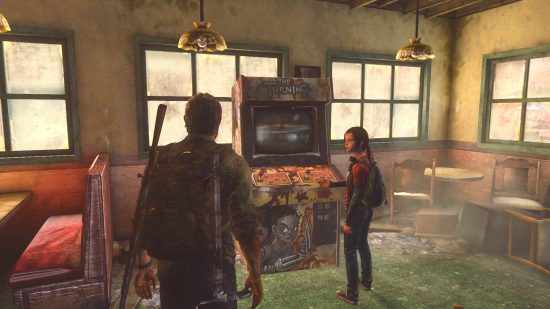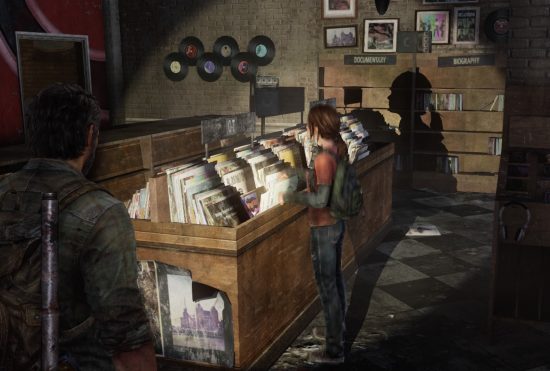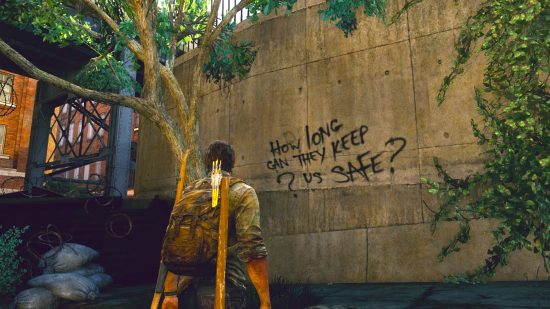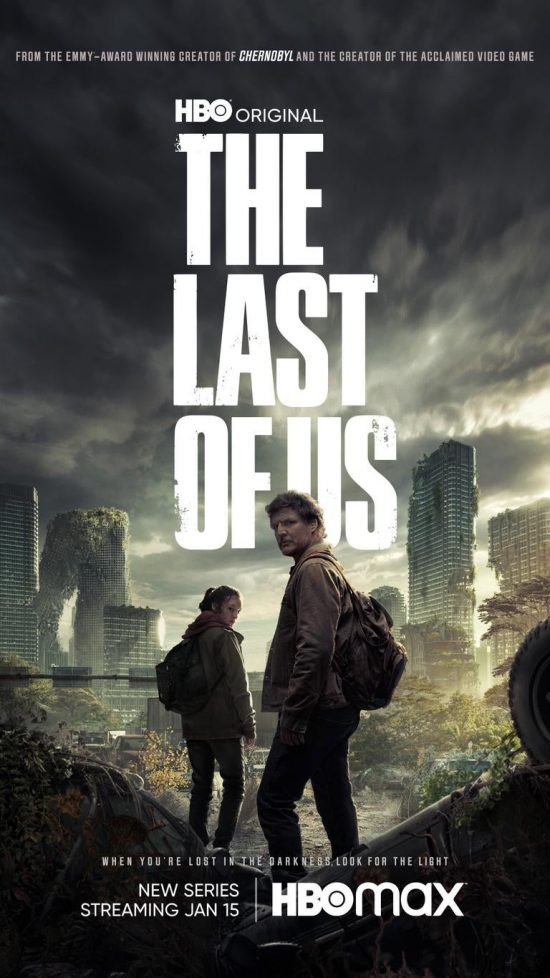Game vs Show – The Last of Us Wrap up Part 2: Legacy
The dust has settled and the reviews are in. The Last of Us (TLOU) might just have changed the relationship between gaming and TV for the better. In part 1 of my post-show analysis, I looked at how the fracturing morality of the lead characters continues to divide the internet. Here, I wonder whether overall, does a show so closely mirroring the original game add to our entertainment?
From the moment that TLOU show was greenlit, my answer was an unequivocal yes. The most cinematic of video games practically demanded that a TV series be made about this story. This is mostly because of the game’s proliferation of cut scenes, which involve virtually no gameplay yet propel the story forward. The game’s rich storytelling introduces us to compelling characters whose stories we invest in and want more from. Also, any adaptation of a work in a different medium means there will be some differences and additions, expanding the canon. The 2020s had already given viewers a purple patch of dystopian storytelling, which suggests an ongoing demand for this type of story; and conveniently, TLOU’s main comparator The Walking Dead is no longer on air. Plus, if a property is adapted a decade later, then the story can be refreshed – meaning that the occasional problematic plotline or line of dialogue can be changed. In essence, the adaptation didn’t include any large changes, and most of them I liked. Except one…
Watching the show while concurrently playing the game provides a weird kind of deja vu. I was not expecting the show to regularly lift entire scenes from the video game. Rendering them in real life is kinda cool, and kudos to the entire production team and impeccable actors, but after that initial hit wanes, occasionally, so did my attention. Buried in that criticism is a compliment, that this live-action transposition worked seamlessly, a compliment that cannot be given to every live-action remake of a Disney animated film. Using different actors for the majority of the cast was also an interesting experiment. The actors and episode directors brought their own choices to the show while still managing to follow a cohesive (tried and true) narrative. Occasionally, I had to get comfortable when the choices made were different to my intentions when playing the game. Losing agency as a gamer-turned-viewer is the strangest feeling, but the upside is an insight into how subjective our interpretations are. There isn’t a right or wrong choice when it comes to fictional storytelling.
While the show was airing I heard how TLOU had reached audiences that previously had little interest in (or knowledge of) video games, which led to many new gamers picking up the game. It sounds like a great feeling, to have the agency given to you, turning a passive viewer to an active (albeit more scared) controller of events. Anything that makes video games palatable to a wider audience is good in my book. The wider the demographics of those playing games, the greater likelihood that a wider demographic can shape the future of gaming and of TV adaptations. The legacy of this show is clear: This isn’t the last of us, it’s only the beginning.














